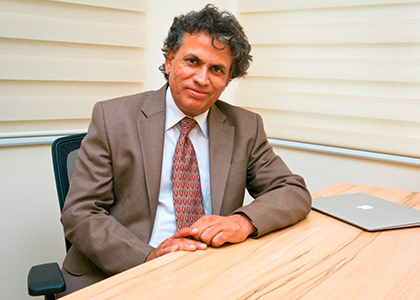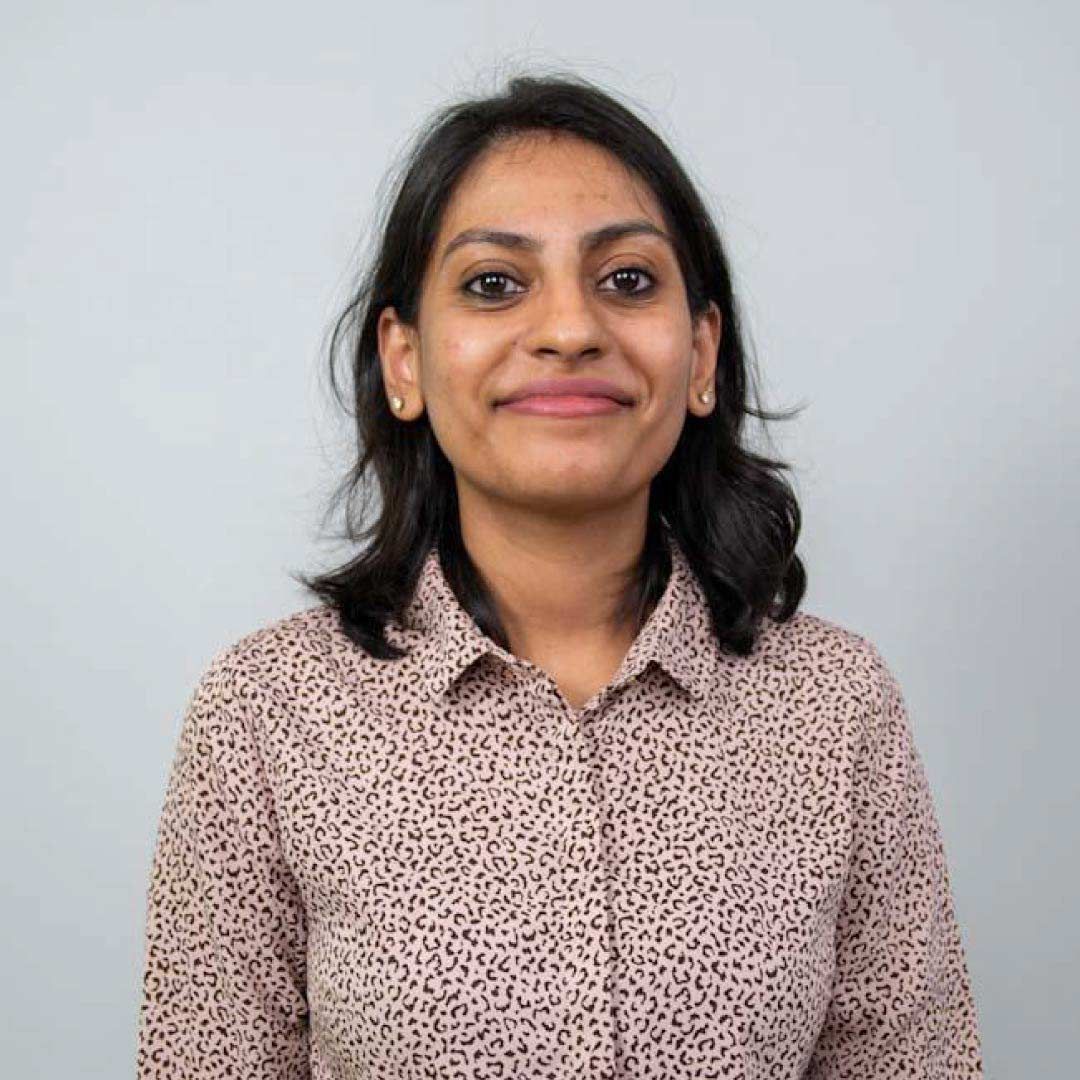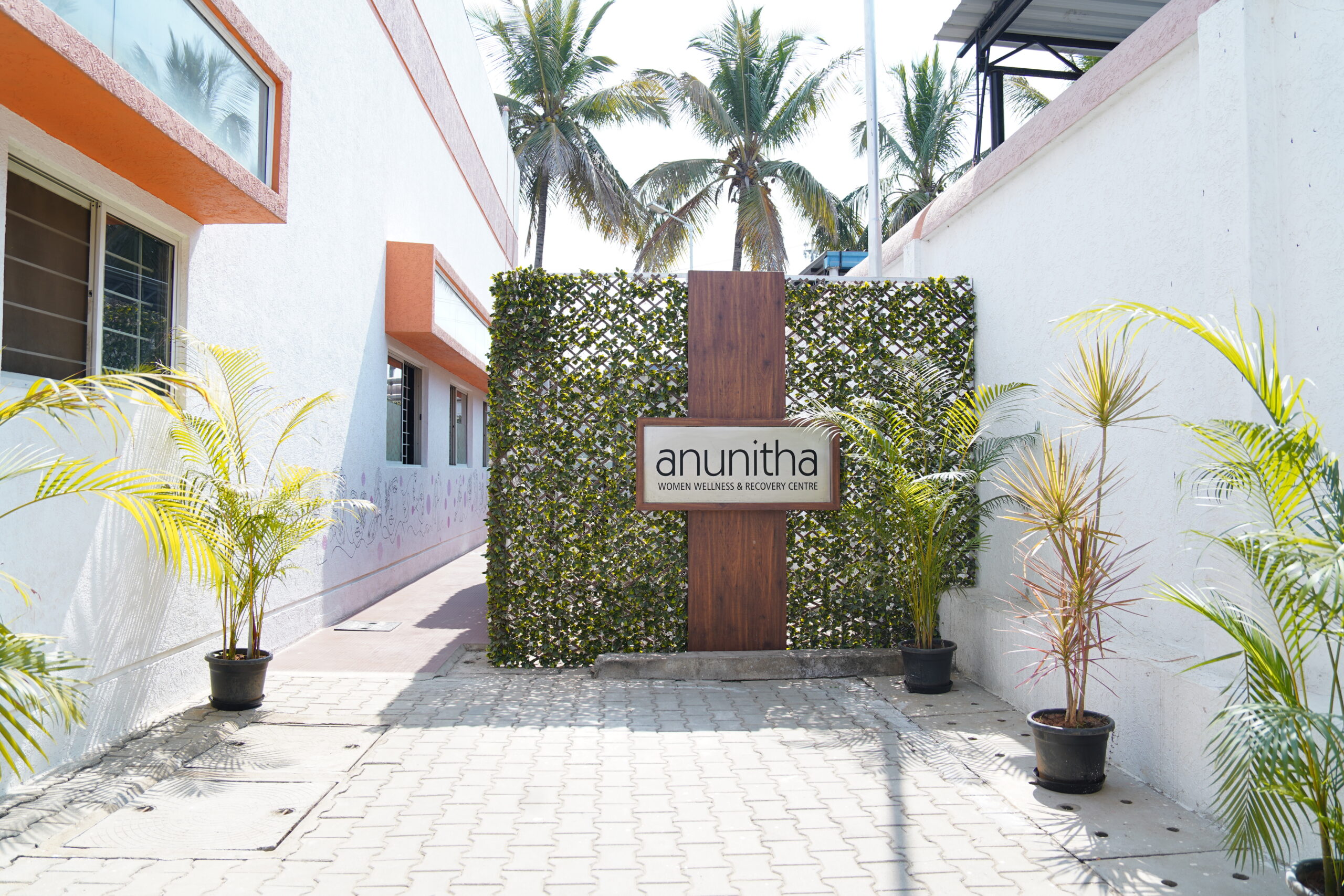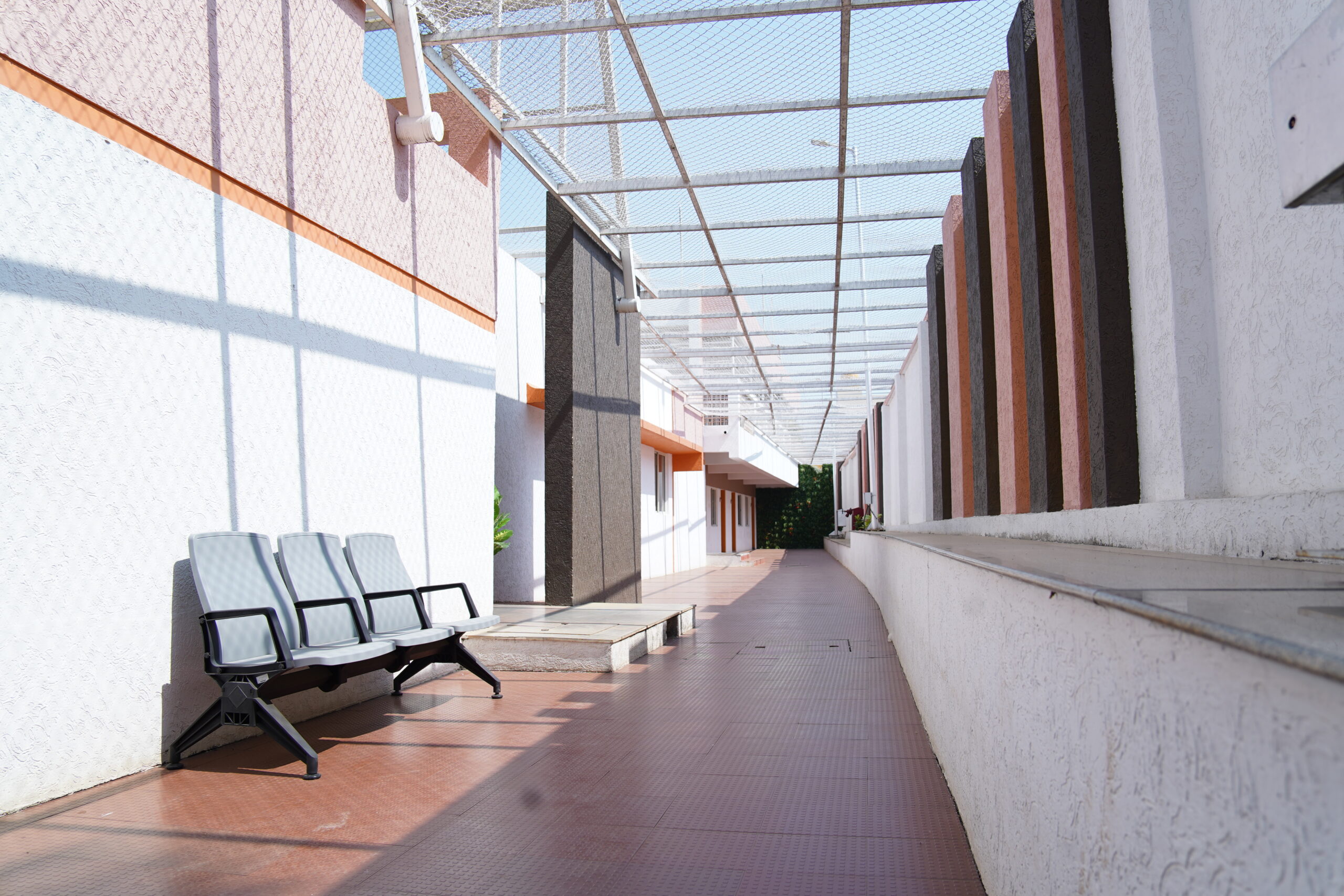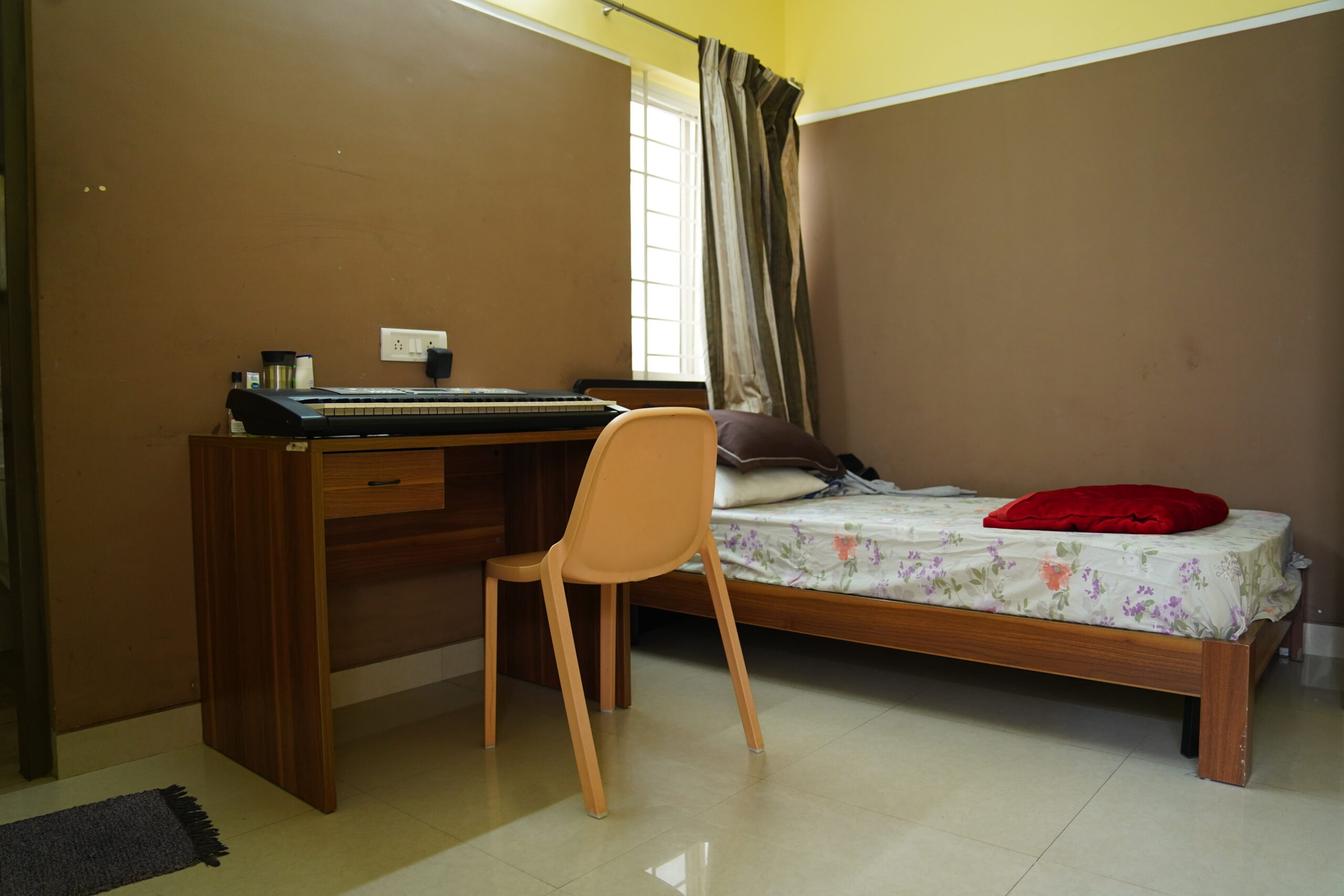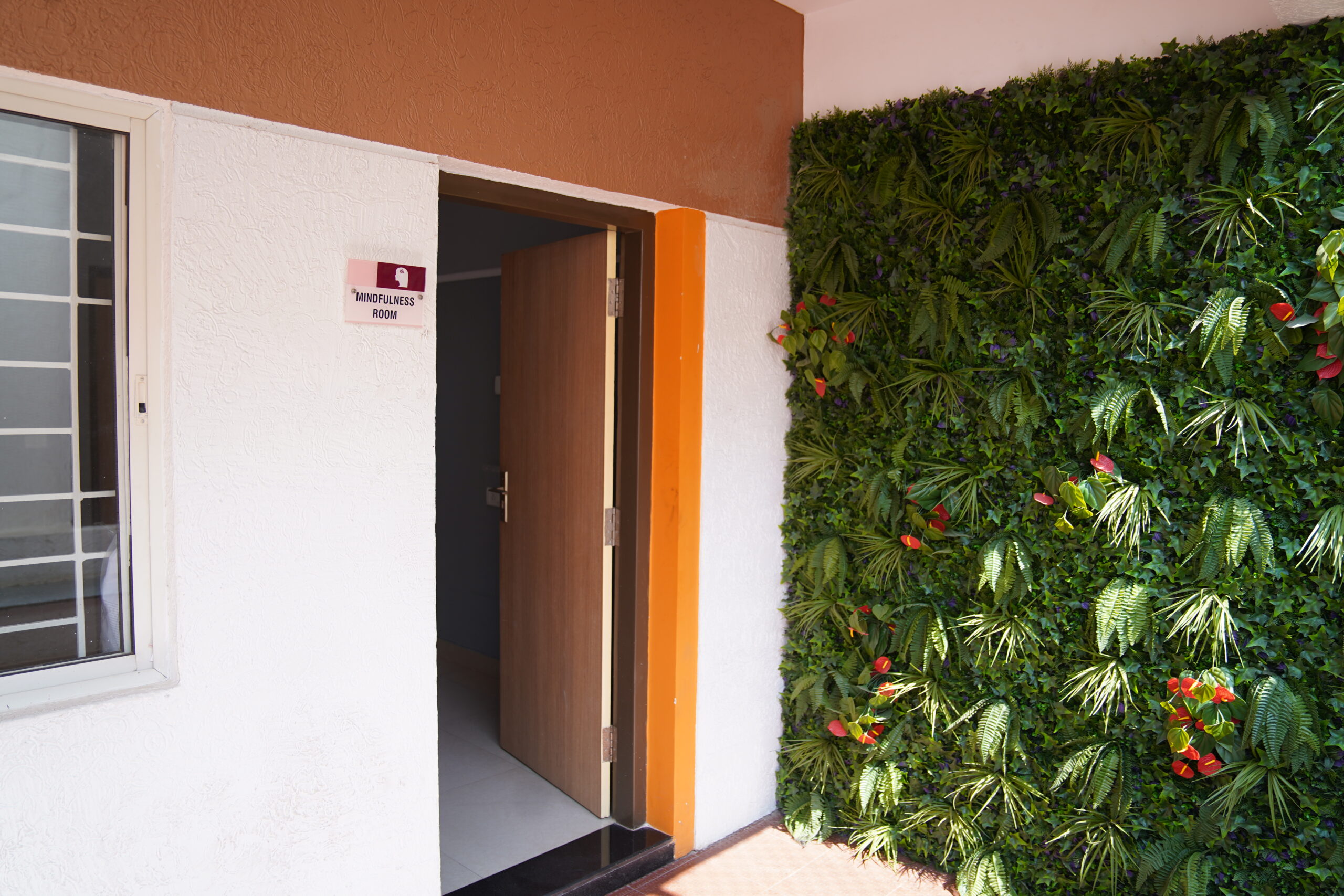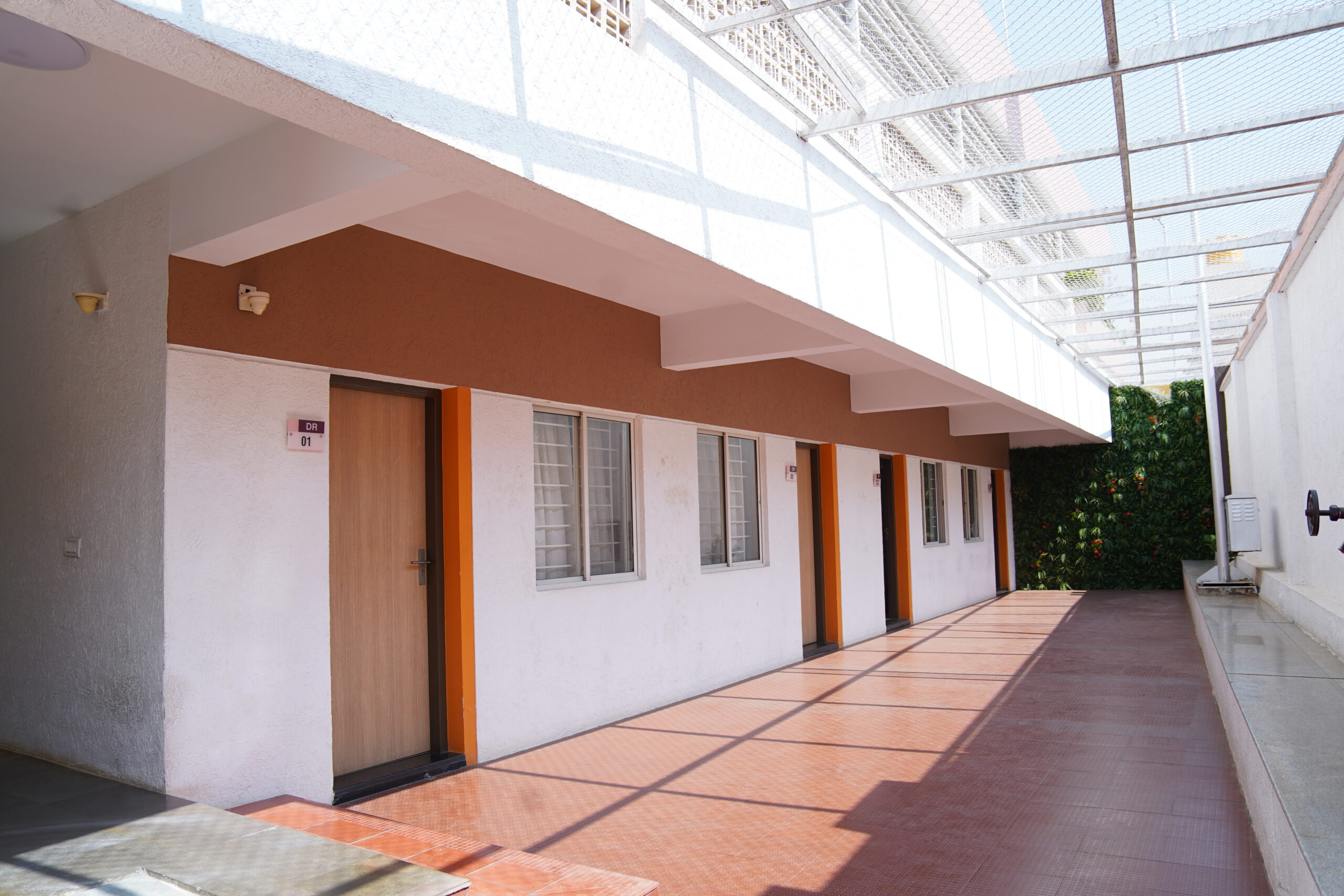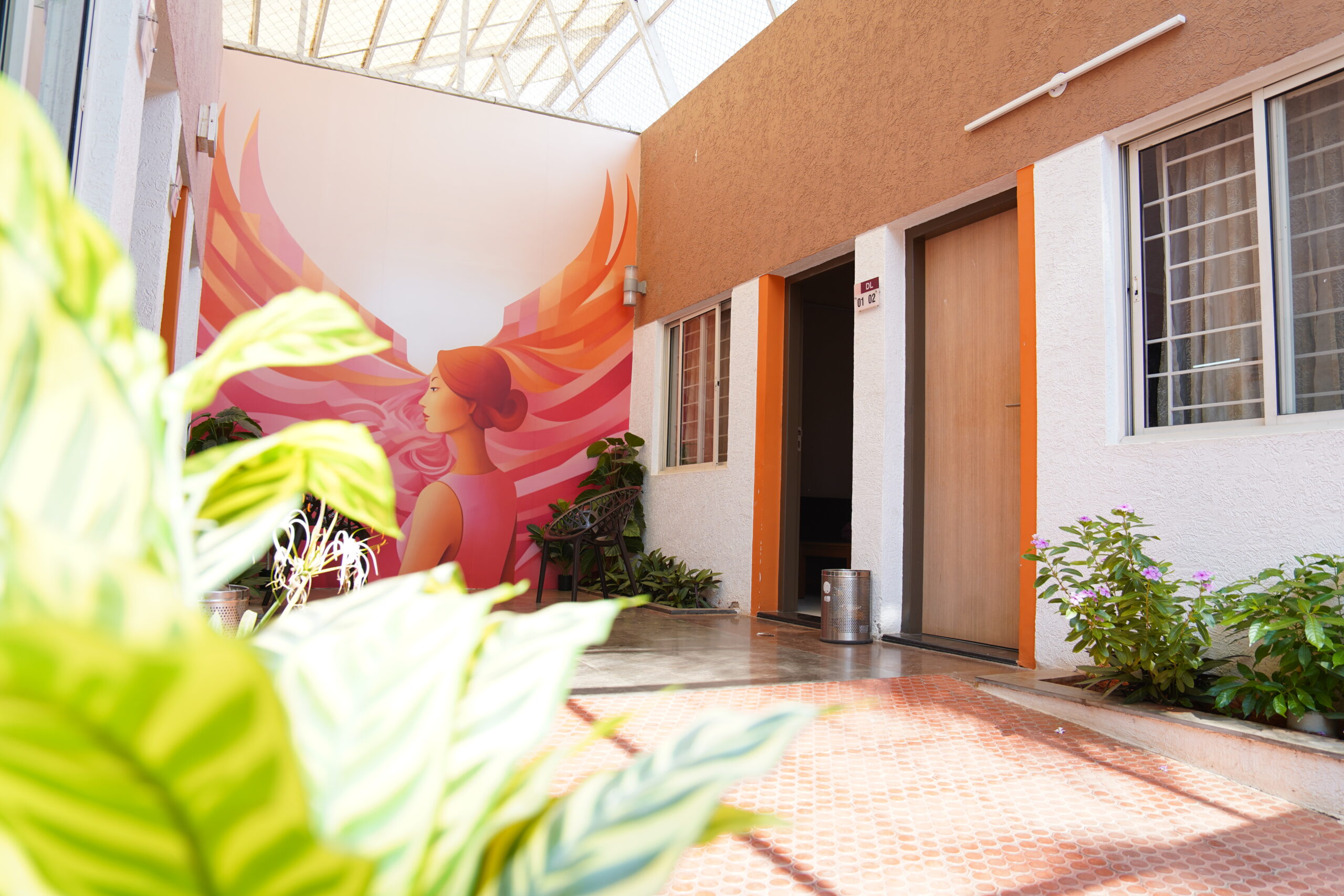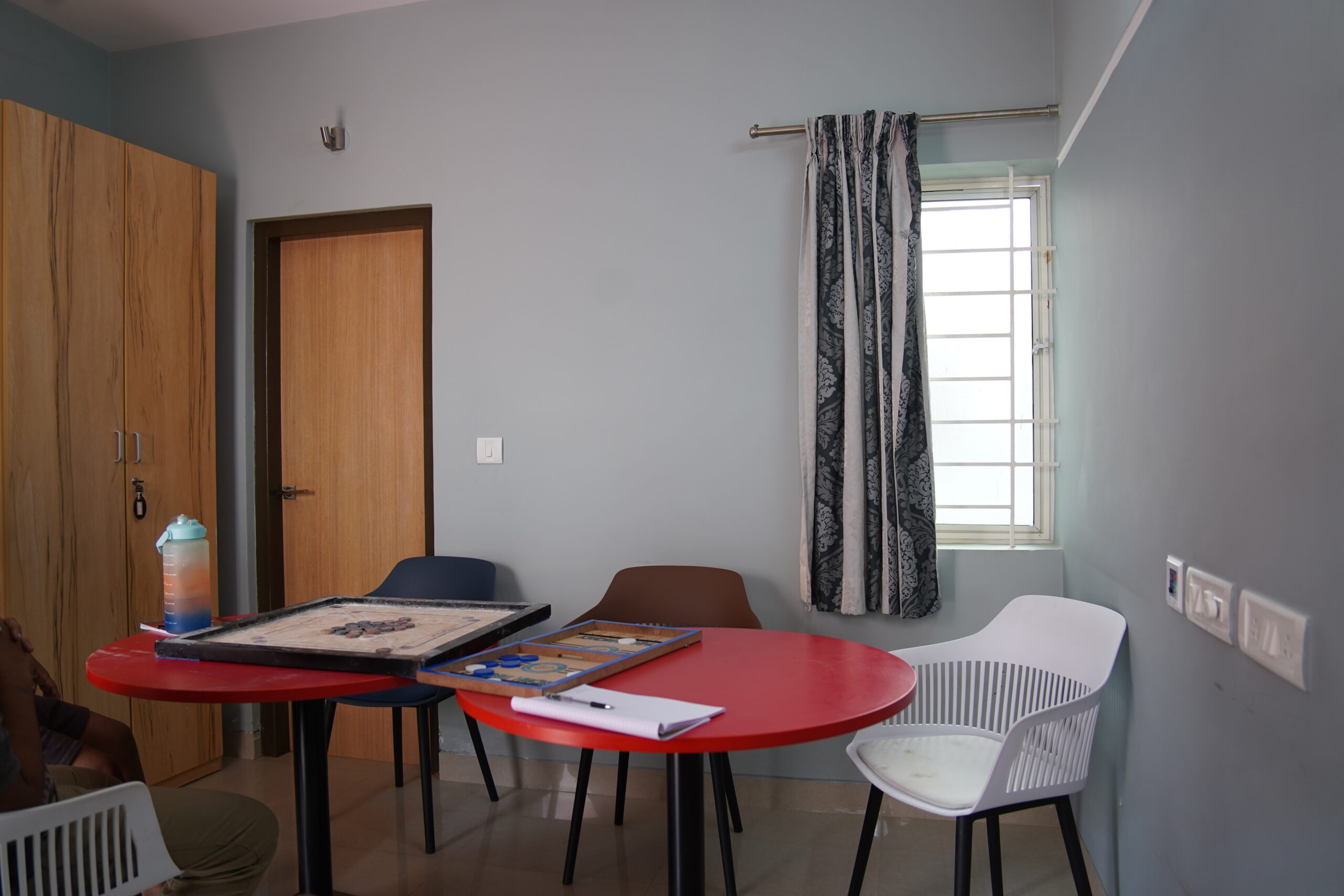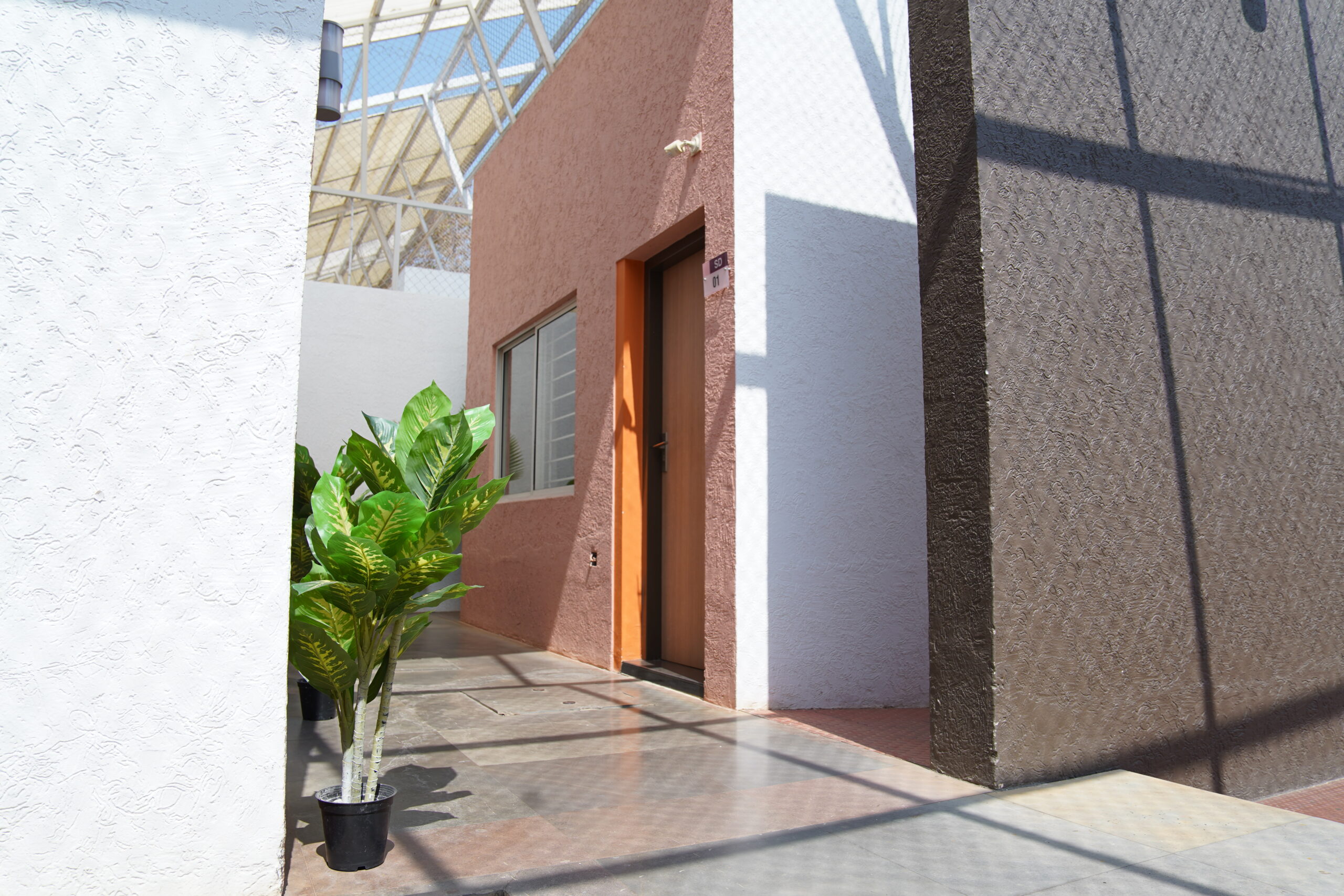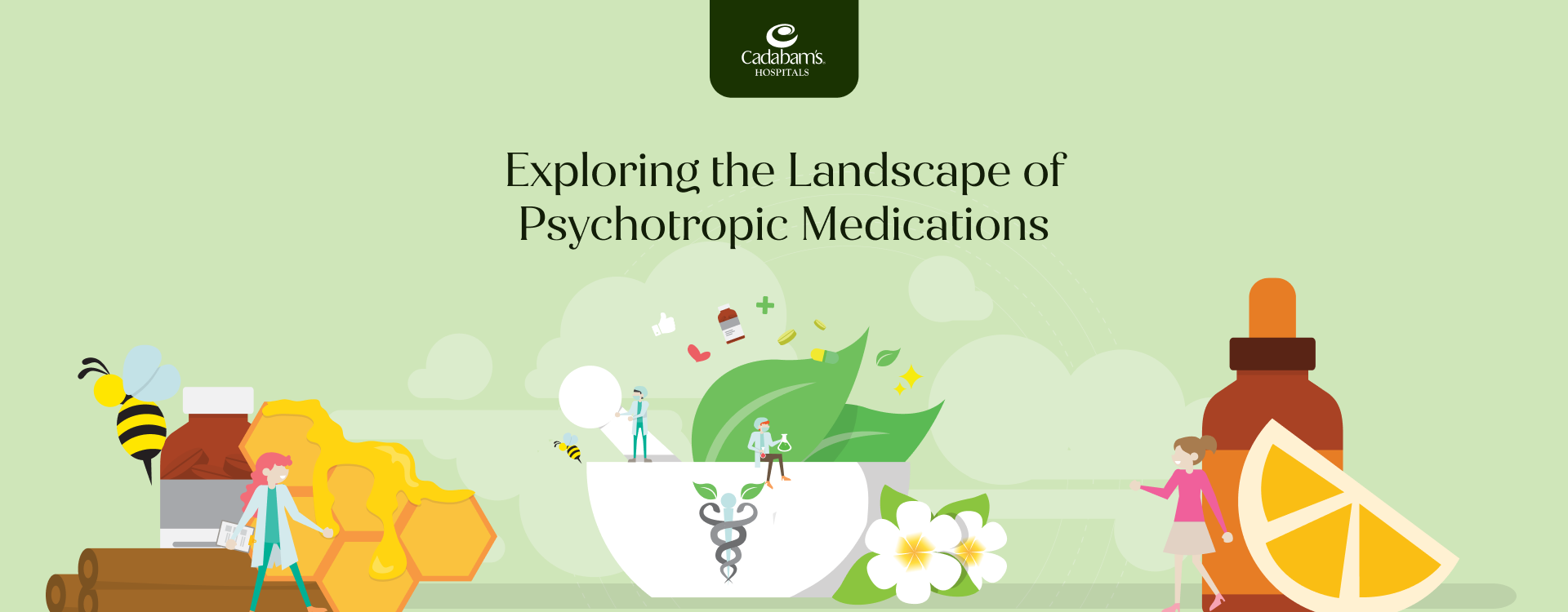Benefits of Psychotherapy for Drug Addiction
Psychotherapy provides crucial support for individuals struggling with drug addiction. It offers tools and strategies to manage symptoms, address underlying issues, and build resilience for long-term recovery.
Reducing Drug Addiction Symptoms
Psychotherapy helps individuals identify triggers and develop coping mechanisms to manage cravings and urges to use drugs. It also teaches healthy ways to address anxiety, depression, and other mental health issues often associated with addiction.
Learning to Handle Stress Better
Stress is a major trigger for relapse. Psychotherapy equips individuals with stress management techniques like mindfulness, relaxation exercises, and problem-solving skills. This helps them navigate stressful situations without resorting to drug use.
Boosting Social Skills and Relationship Building
Addiction often damages social connections. Psychotherapy helps individuals rebuild relationships by improving communication skills, fostering empathy, and addressing interpersonal conflicts.
Reducing Relapse Rates and Promoting Long-Term Recovery
Psychotherapy provides ongoing support and accountability, helping individuals identify and avoid high-risk situations. It also teaches relapse prevention strategies, increasing the chances of long-term success in recovery.
With a team of expert psychiatrists in Bangalore, Cadabam’s Hospitals offers personalized, evidence-based care for mental health recovery.
Types of Psychotherapy Used in Drug Addiction Treatment
The choice of psychotherapy depends on individual needs and preferences. Some common approaches include:
Cognitive Behavioral Therapy (CBT) for Drug Addiction
CBT is highly effective in helping individuals identify and change negative thought patterns and behaviors that contribute to drug use. It teaches individuals healthy coping mechanisms and relapse prevention strategies.
Family Therapy for Drug Addiction
Family therapy addresses the impact of addiction on family dynamics and helps family members understand and support the individual in recovery. It can involve communication skills training, conflict resolution, and rebuilding healthy family relationships.
Psychodynamic Therapy for Drug Addiction
This approach explores the unconscious thoughts, feelings, and experiences that may underlie addiction, promoting self-awareness and emotional healing. It can help individuals understand their triggers and develop healthier coping mechanisms for managing them.
Integrative Psychotherapy Techniques for Drug Addiction
Combining elements from various approaches allows for a personalized treatment plan tailored to the individual’s specific needs and preferences. This can include incorporating mindfulness practices, motivational interviewing, and other techniques alongside CBT or family therapy.
Group Therapy and other approaches for Drug Addiction
Group therapy provides a supportive environment for individuals to share experiences, learn from others, and build a sense of community. Other approaches like motivational interviewing and mindfulness training can also be beneficial in addressing underlying issues and promoting long-term recovery.
With a team of skilled psychologists in Bangalore, Cadabam’s Hospitals offers compassionate and customized support for mental health recovery.
Customized Psychotherapy Treatment Plans for Drug Addiction in Bangalore
At Cadabam’s, we understand that addiction is a complex issue with unique challenges for each individual. That’s why we offer personalized psychotherapy treatment plans tailored to your specific needs and goals. Our experienced therapists utilize evidence-based approaches like CBT, family therapy, and mindfulness training to address the underlying causes of addiction and empower you to achieve lasting recovery.
Integrating Psychotherapy with Comprehensive Drug Addiction Care
Effective drug addiction treatment requires addressing more than just the physical symptoms. Integrating psychotherapy into care plans is crucial for understanding the underlying emotional and psychological factors that contribute to addiction. By combining individual therapy, family therapy, and other evidence-based approaches, individuals can gain self-awareness, develop healthy coping mechanisms, and build resilience for lasting recovery. This holistic approach empowers individuals to manage triggers, break the cycle of addiction, and achieve long-term well-being.
Looking for expert therapists in Bangalore? Cadabam’s Hospitals offers professional mental health support across both cities.
Find the Best Psychotherapy for Drug Addiction Patients in Bangalore
Navigating drug addiction treatment requires the right support. Psychotherapy is a crucial element, offering personalized guidance and tools to address the underlying emotional and psychological factors that contribute to addiction.
With us at Cadabam’s, you’ll find a range of qualified therapists specializing in addiction treatment. Consider factors like therapy approach, experience, and individual needs when making your choice. Remember, finding the right therapist is key to a successful recovery journey.
At Cadabam’s Hospitals, skilled counsellors in Bangalore offer compassionate care tailored to your emotional and mental well-being
Cadabam’s: Redefining Drug Addiction Psychotherapy in Bangalore
At Cadabam’s we offer psychotherapy for drug addiction that is tailored to individual needs.
Our Expertise in Advanced Psychotherapy for Drug Addiction
Experienced therapists utilizing evidence-based approaches like CBT, family therapy, and mindfulness training.
Comprehensive assessment and personalized treatment plans that address the root causes of addiction.
Assessment and Personalized Treatment Planning for Drug Addiction
In-depth evaluation to understand your unique challenges and goals.
Individualized treatment plans that combine various therapeutic modalities for a holistic approach.
State-of-the-Art Facilities and Supportive Environment for Drug Addiction
Comfortable and secure setting with modern amenities to facilitate healing and growth.
Compassionate and experienced team of therapists and support staff to guide your journey.
Ongoing Support and Monitoring for Drug Addiction
Regular check-ins and progress monitoring to ensure you stay on track.
Relapse prevention strategies and tools to help you maintain long-term success.
Comprehensive Care Approach at Cadabam’s for Drug Addiction
Integrating psychotherapy with other treatment modalities like medication and support groups.
Empowering you to achieve lasting recovery and well-being through a holistic approach.
Top Drug Addiction Doctors at Cadabam’s Hospitals
Psychiatrist in Hyderabad | Psychologist in Bangalore | Psychiatrist in Bangalore | Counsellor in Bangalore | Counsellor in Hyderabad | Psychologist in Hyderabad | Therapist in Hyderabad | Therapist in Bangalore
Rehabilitation Centres For Drug Addiction at Cadabam’s Hospital
Rehab in Hyderabad | Rehab in Bangalore
Best Drug Addiction Treatments Offered at Cadabams
ECT Bangalore | ECT Therapy Hyderabad | Home Services Hyderabad | Home treatment Bangalore | PsychoTherapy Hyderabad | Group Therapy Hyderabad | Group Therapy Bangalore | Neurofeedback Hyderabad | REBT Bangalore | REBT Therapy Hyderabad | CBT Hyderabad | CBT Bangalore | Emergency Bangalore | Emergency Hyderabad | Family Therapy Hyderabad | Family Therapy Bangalore | Biofeedback Bangalore
More Additional Resources About Drug Addiction
Teens Overcome Drug Abuse | Teen Drug Abuse | Drug-Induced Psychosis | Drug and Alcohol Detoxification | Workplace Drug Abuse | Drug Addiction Treatment Programs
FAQ
How does psychotherapy contribute to Drug Addiction treatment?
Psychotherapy plays a crucial role in addressing the underlying emotional and psychological factors that contribute to addiction. It helps individuals:
Identify triggers and develop coping mechanisms: Learn to manage cravings and urges to use drugs through healthy strategies.
Address mental health issues: Treat co-occurring conditions like anxiety, depression, and trauma that can fuel addiction.
Build resilience: Develop skills to navigate stress and challenges without resorting to drug use.
Increase self-awareness: Gain insight into the root causes of addiction and develop healthier patterns of behavior.
What should patients expect during their first psychotherapy session?
The first session focuses on building rapport and understanding your needs. Expect:
Open discussion: Share your experiences and concerns with the therapist.
Assessment: The therapist will gather information about your addiction history, mental health, and goals.
Treatment plan discussion: Collaboratively explore potential therapy approaches and create a personalized plan.
How does Cadabam’s ensure a personalized approach in psychotherapy for each patient?
At Cadabams, we prioritize individual needs:
Comprehensive assessment: We conduct thorough evaluations to understand your unique challenges and goals.
Tailored treatment plans: We combine various therapeutic approaches like CBT, family therapy, and mindfulness to create a personalized plan.
Experienced therapists: Our team utilizes evidence-based methods and adapts them to your specific needs.
Ongoing monitoring and adjustments: We regularly review progress and adjust the treatment plan as needed.
How effective is Psychotherapy for Drug Addiction?
Psychotherapy is effective in recovery from drug addiction, when used in conjunction with other treatment modalities, as it helps the person with addiction uncover what contributes to their addiction, learn coping strategies to deal with stress and negative emotions without resorting to addiction, and maintain long-term sobriety.
What are the benefits of Psychotherapy for Drug Addiction?
Psychotherapy helps the person with addiction change their attitudes and behaviours regarding addiction, engages them in their treatment, equips them with skills to cope with stress and triggers, and helps maintain sobriety.
How many numbers of sessions are required?
The number of sessions required depends on the how much time each individual takes to achieve and gain confidence in maintaining their sobriety. Follow up sessions after recovery are still advisable to support the individual maintain sobriety.














 Available
Available


